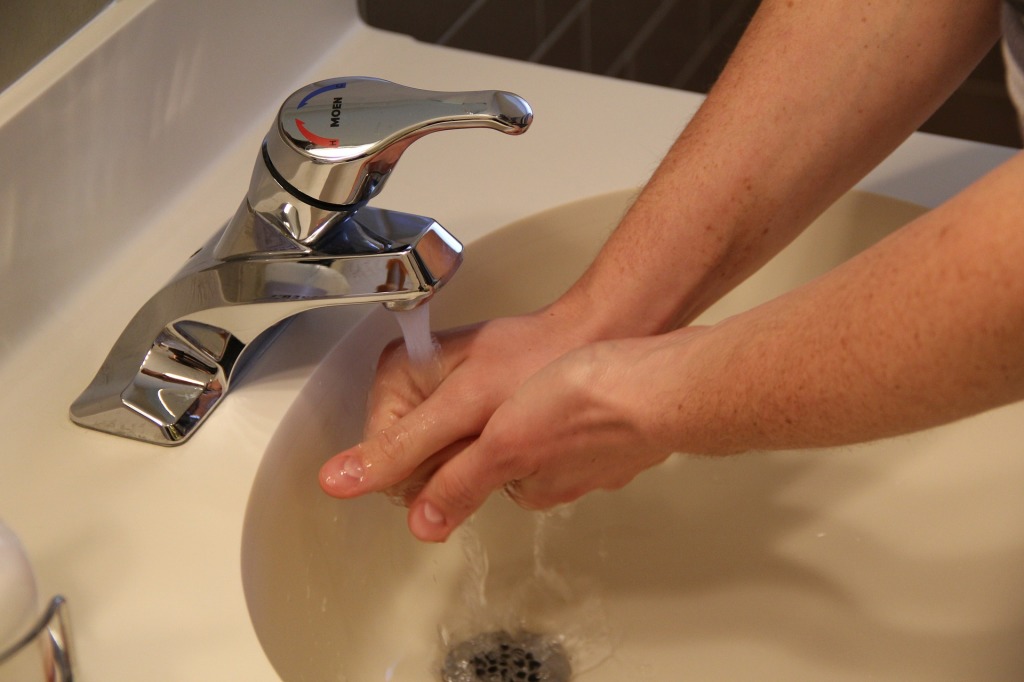One of the most common forms of OCD is classed with the obsessive-phobic disorders. We’re talking about an obsession with cleanliness and hygiene, sometimes called mysophobia or germophobia. People suffering from this condition find that it affects their private and social lives. After all, how can you live a normal life when you’re constantly afraid of being contaminated by germs or infected by microbes? When you avoid public places, and even in private you’re forever washing your hands and can’t stand the slightest trace of dust?
To treat this type of OCD effectively, you need to know how it originated. An obsession with cleanliness may have an inherited component, so a person suffering from this condition may be reproducing a parental model. On the other hand, obsessive cleanliness may be a reaction to having parents who are disorganised and not very hygienic. There are psychological and social elements to it.
Where does one draw the line between cleanliness and obsessive cleanliness? After what point does one start to call it a disorder? It’s hard to say, but there are some warning signs that shouldn’t be overlooked. The first might be the way your friends and family see things. If they seem to have noticed your tendency to clean the house from top to bottom or to wash your hands more often than necessary, bear it in mind. However, the person best placed to assess your behaviour is still you. If thinking about housework becomes an obsession in your mind, it’s time for alarm bells to start ringing.
It’s reassuring to remember that an obsession with cleanliness is one of the forms of OCD that can be treated effectively. Treatment through medication can be combined successfully with psychological therapy. No doubt you’ll need to work on your self-esteem.


Leave a Comment